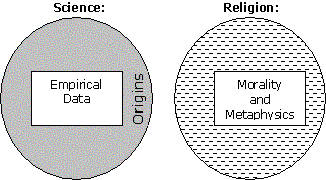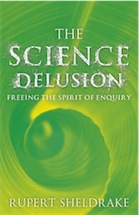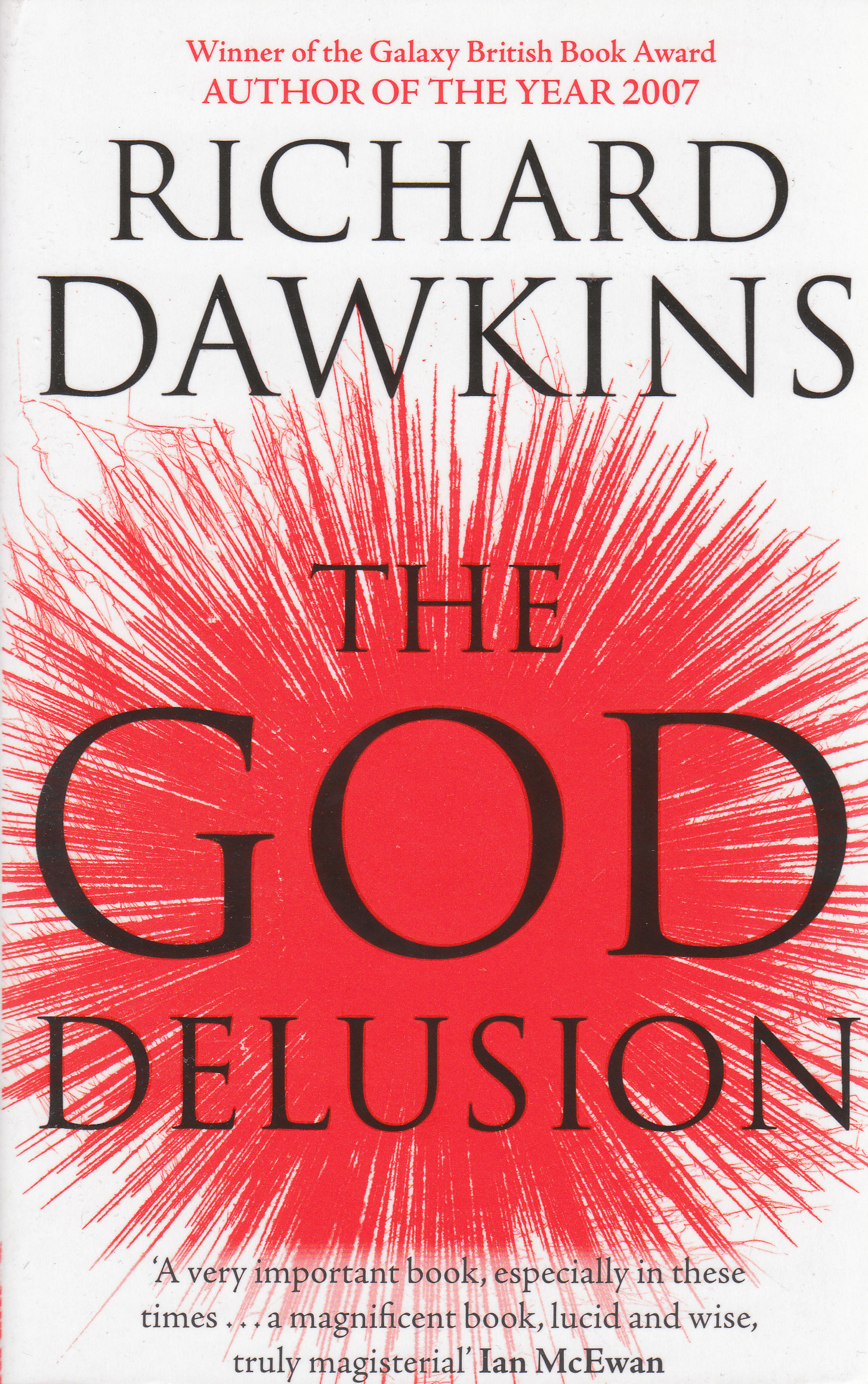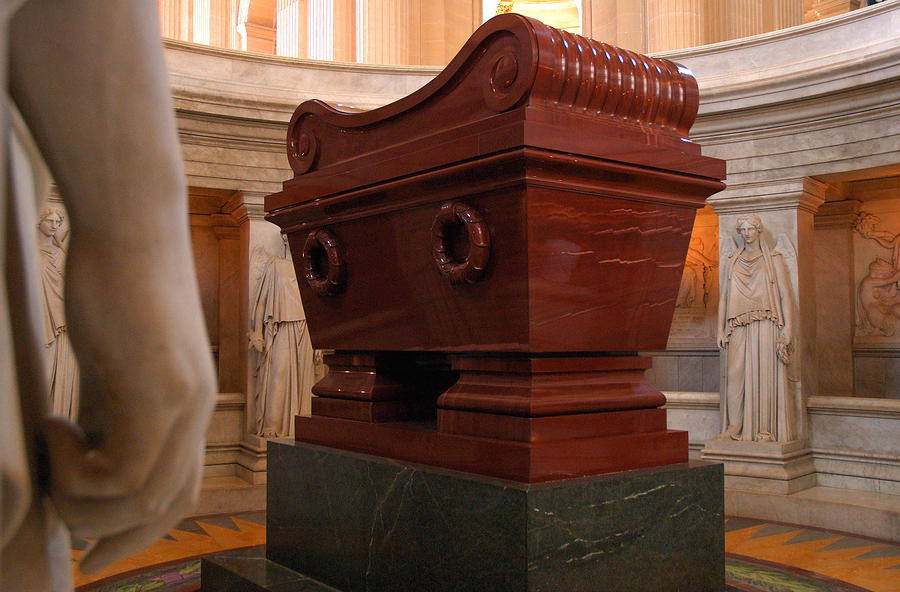$5 Million Grant Awarded by Private Foundation to Study Immortality
The John Templeton Foundation grant to UC Riverside philosopher John Fischer will fund research on aspects of immortality, including near-death experiences and the impact of belief in an afterlife on human behavior
By Bettye Miller on July 31, 2012
The John Templeton Foundation has awarded philosopher John Martin Fischer $5 million to study issues related to immortality.
RIVERSIDE, Calif. — For millennia, humans have pondered their mortality and whether death is the end of existence or a gateway to an afterlife. Millions of Americans have reported near-death or out-of-body experiences. And adherents of the world’s major religions believe in an afterlife, from reincarnation to resurrection and immortality.
Anecdotal reports of glimpses of an afterlife abound, but there has been no comprehensive and rigorous, scientific study of global reports about near-death and other experiences, or of how belief in immortality influences human behavior. That will change with the award of a three-year, $5 million grant by the John Templeton Foundation to John Martin Fischer, distinguished professor of philosophy at the University of California, Riverside, to undertake a rigorous examination of a wide range of issues related to immortality. It is the largest grant ever awarded to a humanities professor at UC Riverside, and one of the largest given to an individual at the university.
“People have been thinking about immortality throughout history. We have a deep human need to figure out what happens to us after death,” said Fischer, the principal investigator of The Immortality Project. “Much of the discussion has been in literature, especially in fantasy and science fiction, and in theology in the context of an afterlife, heaven, hell, purgatory and karma. No one has taken a comprehensive and sustained look at immortality that brings together the science, theology and philosophy.”
The John Templeton Foundation, located near Philadelphia, supports research on subjects ranging from complexity, evolution and infinity to creativity, forgiveness, love, and free will.
Half of the $5 million grant will be awarded for research projects. The grant will also fund two conferences, the first of which will be held at the end of the project’s second year and the second at the end of the grant period. A website will include a variety of resources, from glossaries and bibliographies to announcements of research conferences and links to published research. Some recent work in Anglo-American philosophy will be translated for German philosophers who, in the last 30 years, have been increasingly studying the work of American philosophers.
UC Riverside Chancellor Timothy P. White said Fischer’s research “takes a universal concern and subjects it to rigorous examination to sift fact from fiction. His work will provide guidance for discussion of immortality and the human experience for generations to come. We are extremely proud that he is leading the investigation of this critical area of knowledge.”
Noting Fischer’s renown as a scholar of free will and moral responsibility, Stephen Cullenberg, dean of the College of Humanities, Arts and Social Sciences, said, “There is perhaps no one better suited to lead a multidisciplinary research project on the question of immortality and its social implications. The Templeton Foundation’s generous support will enable scholars from across the world to come to UCR to investigate how the question of immortality affects all cultures, albeit in different ways.”
Anecdotal reports of near-death experiences, out-of-body experiences and past lives are plentiful, but it is important to subject these reports to careful analysis, Fischer said. The Immortality Project will solicit research proposals from eminent scientists, philosophers and theologians whose work will be reviewed by respected leaders in their fields and published in academic and popular journals.
“We will be very careful in documenting near-death experiences and other phenomena, trying to figure out if these offer plausible glimpses of an afterlife or are biologically induced illusions,” Fischer said. “Our approach will be uncompromisingly scientifically rigorous. We’re not going to spend money to study alien-abduction reports. We will look at near-death experiences and try to find out what’s going on there — what is promising, what is nonsense, and what is scientifically debunked. We may find something important about our lives and our values, even if not glimpses into an afterlife.”
Fischer noted that while philosophers and theologians have pondered questions of immortality and life after death for millennia, scientific research into immortality and longevity are very recent. The Immortality Project will promote collaborative research between scientists, philosophers and theologians. A major goal will be to encourage interdisciplinary inquiry into the family of issues relating to immortality — and how these bear on the way we conceptualize our own (finite) lives.
One of the questions he hopes researchers will address is cultural variations in reports of near-death experiences. For example, the millions of Americans who have experienced the phenomenon consistently report a tunnel with a bright light at the end. In Japan, reports often find the individual tending a garden.
“Is there something in our culture that leads people to see tunnels while the Japanese see gardens?” he asked. “Are there variations in other cultures?” What can we learn about our own values and the meanings of our finite lives by studying near-death experiences cross-culturally (as well as within our own culture)?
Other questions philosophers may consider are: Is immortality potentially worthwhile or not? Would existence in an afterlife be repetitive or boring? Does death give meaning to life? Could we still have virtues like courage if we knew we couldn’t die? What can we learn about the meaning of our lives by thinking about immortality?
Theologians and philosophers who examine various concepts of an afterlife may delve into the relationship between belief in life after death and individual behavior, and how individuals could survive death as the same person.
“Many people and religions hold there is an afterlife, and that often gives people consolation when faced with death,” Fischer said. “Philosophy and theology are slightly different ways to bring reason to beliefs about religion to evaluate their rationality. If you believe we exist as immortal beings, you could ask how we could survive death as the very same person in an afterlife. If you believe in reincarnation, how can the very same person exist if you start over with no memories?
“We hope to bring to the general public a greater awareness of some of the complexities involved in simple beliefs about heaven, hell and reincarnation, and encourage people to better understand and evaluate their own beliefs about an afterlife and the role of those beliefs in their lives.”
For example, “We think that free will is very important to us theologically and philosophically. And heaven in the Judeo-Christian tradition is supposed to be the best place. Yet we arguably wouldn’t have free will in heaven. How do you fit these ideas together?”
At the end of the project Fischer will analyze findings from the Immortality Project and write a book with the working title “Immortality and the Meaning of Death,” slated for publication by Oxford University Press.
The John Templeton Foundation serves as a philanthropic catalyst for discoveries relating to the Big Questions of human purpose and ultimate reality. The foundation supports research on subjects ranging from complexity, evolution and infinity to creativity, forgiveness, love, and free will. It encourages civil, informed dialogue among scientists, philosophers and theologians, and between such experts and the public at large, for the purposes of definitional clarity and new insights. The foundation’s vision is derived from the late Sir John Templeton’s optimism about the possibility of acquiring “new spiritual information” and from his commitment to rigorous scientific research and related scholarship. The foundation’s motto, “How little we know, how eager to learn,” exemplifies its support for open-minded inquiry and its hope for advancing human progress through breakthrough discoveries.
http://ucrtoday.ucr.edu/7496
http://www.sptimmortalityproject.com/
Edited by rwac, 05 August 2012 - 01:29 AM.























































